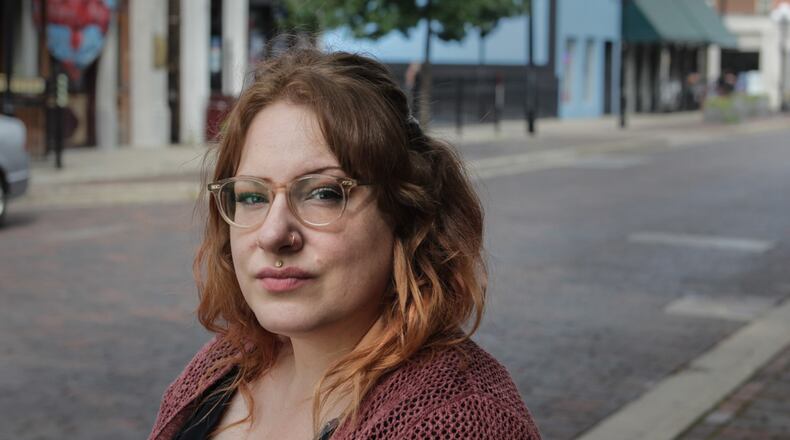Ohio, through the attorney general’s office, provides victim compensation to crime survivors. The state has also established trauma recovery centers to serve those hit hardest by crime and violence yet least likely to access the resources available to help them recover.
Unfortunately, some Ohio crime victims still do not get the support they need. Lawmakers are moving to address this with Senate Bill 369. As the head of a trauma recovery center and someone with first-hand experience helping crime survivors, I cannot overstate the importance of the changes being advanced.
Ohio’s trauma recovery centers offer a range of service from substance-abuse treatment and specialized sexual assault or domestic violence counseling, to legal advocacy and spiritual guidance. A large percentage of our clients are both high risk for being victimized and similarly unlikely to get help from traditional providers, like health insurance and government programs. Since 2017, when then-Attorney General Mike DeWine launched the first TRCs with support from the Alliance for Safety and Justice, the centers have helped Ohioans process the emotional impact of their experience and navigate the practical fallout of being victimized—such as applying for lost income, working with law enforcement on ongoing investigations, and even finding new, safer housing.
Without this kind of support, crime victims can get caught in a downward spiral of trauma and hopelessness that can lead to depression, substance use and more. Many of the crime victims I work with have experienced prior trauma, received no support and were re-victimized as a result.
Due to outdated restrictions in the law, many people in need are still being denied life-saving support. Crime victims with a prior history with the criminal justice system or with evidence of substance use are currently ineligible for victim services from the state. This problem was documented earlier this year by the Dayton Daily News, which found 19 victims in the Oregon District shooting were rejected for legitimately needed victim services.
The consequences of these exclusions are dismal. Recently, I have had to tell two men who survived gunshots to the head and back that the state of Ohio would not provide them with victim compensation support, simply because they had felonies four and six years ago, respectively. These basic victim services include support for medical and mental health treatment, reimbursements for lost wages and clothing destroyed by bullets and blood, and burial costs incurred by families, among other help. The look on both men’s faces told me they understood Ohio does not care about them, their lives or their safety.
Delivering such a message is not only heartbreaking and unjust, but it also amounts to bad public safety policy: Why should those victimized by violence be denied support for something that occurred years earlier for which they already paid their debt?
SB 369, sponsored by Senators Peggy Lehner and Nathan Manning, would lower the barriers to victim compensation for people living with past convictions who have served their time. It would also end the practice of using toxicology reports to deny compensation to critically injured victims and families of victims of sexual assault and murder. Ohio is still struggling with an addiction epidemic, and it makes no sense to drive people further into substance abuse by denying them support.
Updating our laws and expanding care for crime victims will help people in great need, who have been hurt through no fault of their own. Passing SB 369 will make our state a safer place for us all.
Stephen Massey is the Director of Operations of the CitiLookout Trauma Recovery Center in Springfield. Guest columns are submitted or requested fact-based opinion pieces typically of 300 to 450 words.
About the Author

